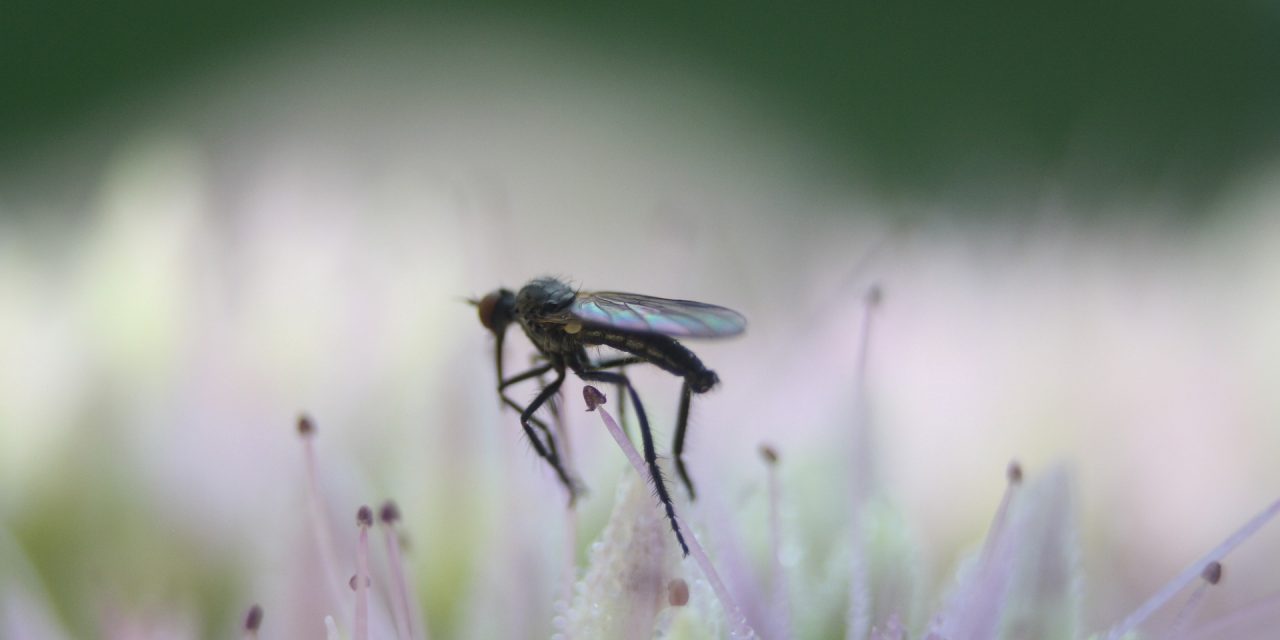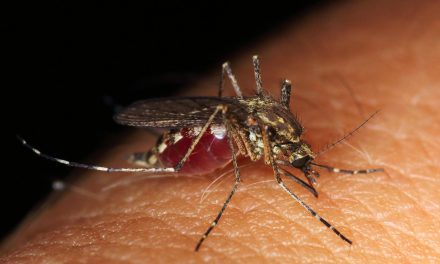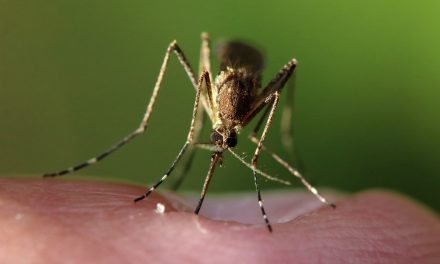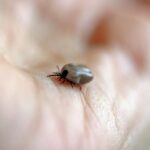Mosquitos are one of the most annoying insects that you will find, and from June to August, you can expect them to be around due to the fact that this is when they are likely to be in season. You might never have been bitten by a mosquito, but there will be others that seem to always be the prime target for mosquito bites.
These pesky bugs are known for their ability to spread diseases, and as soon as it starts to get warm outside, the mosquitos will come out to play. It is actually the females that will be on the hunt for blood, and unfortunately, you might be the next target. Some people are known to be bitten more than others, but this is why it is recommended to wear some form of repellent if you are traveling to areas where there are going to be lots of mosquitos. In this article, we are going to go through all of the different things that you need to know about mosquitoes and their bites, so you can be better prepared.
How Many Times Will one Mosquito Bite in Her Lifetime?
Interestingly, there is no limit to the number of times that a mosquito can bite throughout its lifetime, and a female mosquito will only continue to bite and feed on blood until she is full. So, there really is no limit on the number of times that she will bite in her lifetime, it all depends on when she is hungry. After they have consumed enough blood to satisfy them, they will rest for around 2 to 3 days before she goes to lay her eggs. Once this cycle has finished, she will be off to feed again.
Why Do Mosquitoes Bite?
You might not have known that it is only female mosquitoes that will bite, and male mosquitoes do not need to rely on human blood to develop. Instead of turning to humans, they will feed on the nectar of flowers, so they aren’t going to be interested in biting you. On the other hand, female mosquitoes love to bite and drink from humans, as our blood is rich in proteins and other things that she will rely on to help her to produce and develop her eggs.
What Happens When a Mosquito Bites You?
If you are wondering about the process itself, a female mosquito will bite you, and as she does so, she will release her own saliva into the wound. The saliva of a mosquito contains what is called an anticoagulant, which will ensure that the blood is able to flow easily. It will also make sure that the host doesn’t feel the process, which allows the mosquito to feed undisturbed.
How Long Does the Average Mosquito Live?
The male mosquito will live for around a couple of weeks, but the female mosquito will live for around a month. This will depend on different things, but this is the average lifespan of a mosquito. We will go into further detail about the life cycle of a mosquito below for you to read about.
Eggs
As you know, the first stage of a mosquito’s life cycle is when the eggs are laid by the female after she feasts on blood. This will actually help to ensure that the eggs are able to properly develop, and these eggs will be laid in an area with slow or stagnant water. There are different types of mosquitoes that may lay their eggs differently, and while some will lay them all in different places, others will lay them all together. It will take around a week for these eggs to hatch.
Larvae
Once the eggs are hatched, they are classed as larvae. Mosquito larvae are often referred to as ‘wrigglers’, and they are roughly one-fourth of an inch in length and they look like little worms. However, there are different sections to their bodies, and most of them will have what is called a siphon tube that extends from their abdomen. This tube will work as a snorkel would, and it is how they are able to breathe during this stage of their lives.
The larvae don’t really do much, and they will spend a lot of time hanging upside-down near the surface of the water. They will also need to eat a lot, and they typically feast on microorganisms like algae and fungi. They will need to eat so much due to the fact that they will continue to grow and molt around four times. This stage in their lives will last for approximately fourteen days. When they reach the end of their final malt, the larvae are called pupae and they will be around double their original size.
Pupae
The pupae will float toward the surface of the water, and they do not eat or molt. However, they will move in response to the changes in the light, which is why they are often referred to as ‘tumblers’. The pupae will spend anywhere between one and four days in their casing until they are ready to develop into adult mosquitoes.
Adults
When a mosquito reaches adulthood, it will emerge from its pupae castings. Typically, the males will hatch first and then the females will hatch a short time later. This will then be followed by what is called a mating swarm. As we have previously mentioned, the male mosquitos will live for a couple of weeks, but the female can live for around a month. The females will then continue on to find a blood source, lay her eggs, and then the entire process will repeat itself again.
How Many Eggs Does a Mosquito Lay?
It is no secret that mosquitoes like warmer and more humid areas, which is why they come out in the summer. All mosquitoes will use some form of a water source as a place to lay their eggs, and any area of stagnant water would create an ideal environment. Interestingly, the female mosquito will lay anywhere between 100 to 200 eggs.
Do Mosquitoes Bite One Person More Than Another?
You might be wondering why it is that mosquitoes seem to be really attracted to you in particular, all while leaving those close to you untouched, and there is actually reasoning behind this. Mosquitoes do actually prefer some people to others, and this is due to the fact that some people produce higher levels of certain chemicals in their bodies. Some of these chemicals can include things like lactic acid, which is something that will attract mosquitoes to you even more.
What Blood Do Mosquitoes Like the Best?
There is scientific evidence that suggests that the O blood type is more attractive to mosquitoes than others, like A and B. You might have already known this, but your genes will determine things like your blood type and how you are made up. Your genetics can also help to make you a particular target of interest to mosquitoes, and if you are one of these people, then you are quite unfortunate. One of the most important things that will increase your risk of being bitten is your metabolic rate or the amount of carbon dioxide your body releases as it burns energy.
Women that are pregnant and overweight/obese individuals are more likely to have a higher resting metabolic rate, which can make them even more attractive to mosquitoes. Other things that can make you more appealing are drinking alcohol and exercising, as these will both raise your metabolic rate.
Can a Mosquito Bite Through Clothing?
It is possible for mosquitoes to be able to bite through thin clothing, which can make it really difficult to avoid getting bitten when you are in hot areas and wearing lighter clothing. However, covering up with clothing will offer you more protection, and it can be helpful to wear clothing with long sleeves and trousers and wear socks when you are outdoors. If you want an extra layer of protection on top of this, you can actually spray your clothes with insect repellent. Hopefully, this will be enough to deter any annoying mosquitoes from wanting to get close enough to bite.
Why Do Mosquito Bites Itch?
The reason why mosquito bites can be really itchy is due to the fact that your body is reacting to the bite itself. Essentially, your body will be having a very mild allergic reaction to the bite, which can cause it to itch and sometimes swell. The blood vessels that are around the location of the bite might begin to swell, and this can cause the nerves in the area to become irritated. We have already mentioned that a mosquito will introduce an anticoagulant through its saliva when it bites you, but your body will release histamine to try and fight it. This process will result in the area becoming inflamed and itchy.
Most people will not have a major reaction to a mosquito bite, and the symptoms are not likely to get much worse than what we have just mentioned. Although, this does not mean that this will be the case for everyone, and some people can suffer more severe allergic reactions that cause them more symptoms. This is when it becomes time to seek medical treatment.














Trackbacks/Pingbacks